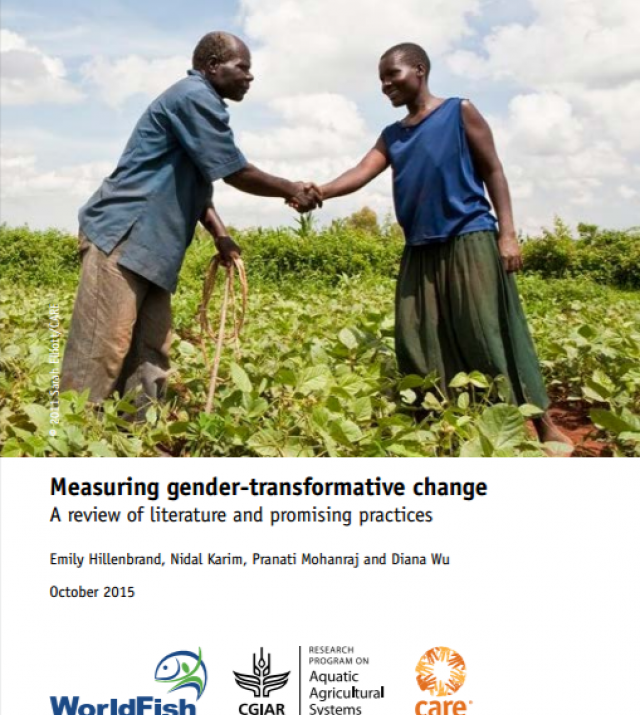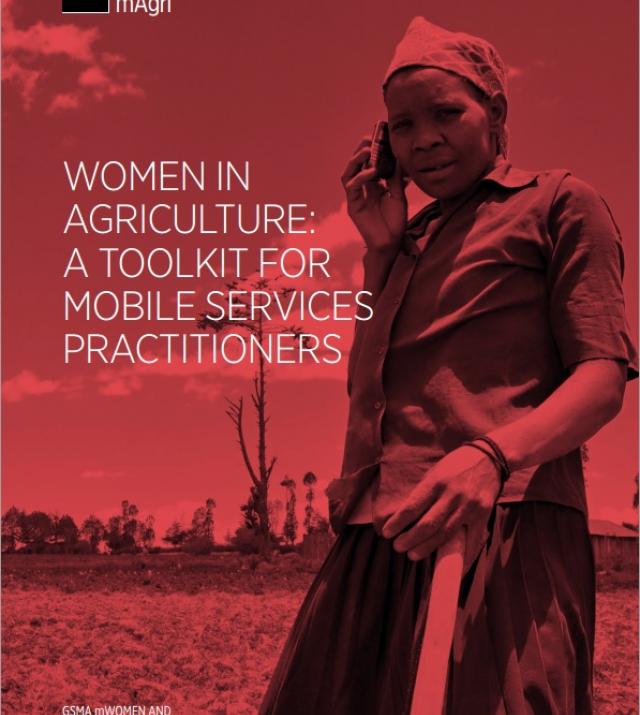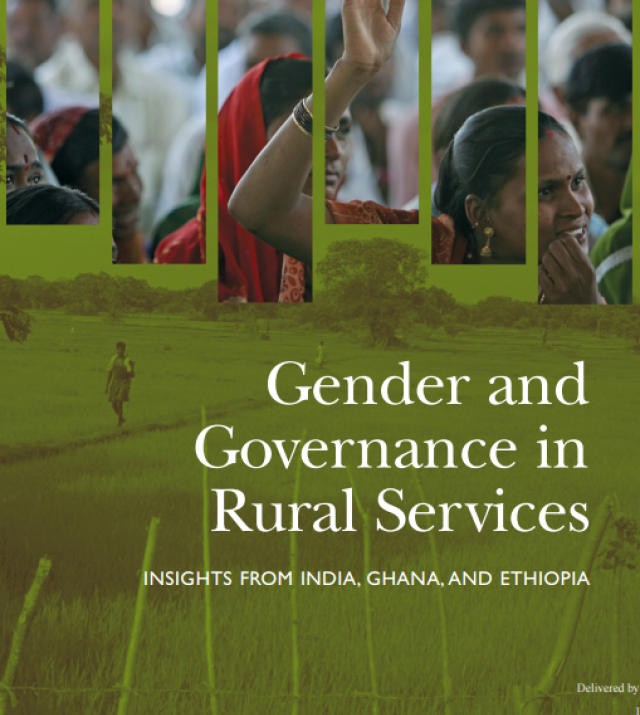
What Works for Women: Proven Approaches for Empowering Women Smallholders and Achieving Food Security

Overcoming these kinds of gender inequalities can have powerful social and economic impacts. Food security interventions often focus on improving food production and food security at the community level and/or household level. However, even when targeted towards women producers, they frequently overlook intra -household gender dynamics. Yet, research from a number of countries indicates that women are more likely to channel the income that they control into the nutrition, health and education of their children. Thus, improving the status of women within the household and at the community level would deliver significant improvements to agricultural production, food security, child nutrition, health and education.
This short, collaborative document offers lessons learned and recommendations around key agricultural activities aimed at improving household food security. Case studies from around the globe are used to illustrate key points.
Lessons learned
1. Collective action is key to economic and social empowerment.
2. Access to productive resources is essential.
3. Economic empowerment is not enough, underlying gender inequalities must be challenged.
4. Disaster Resilience and risk management approaches must be gender-sensitive and integrated with development interventions.
Recommendations are provided for national governments and donors.

